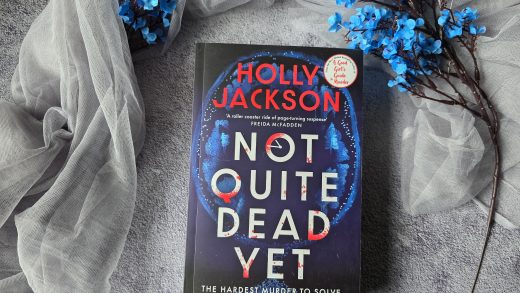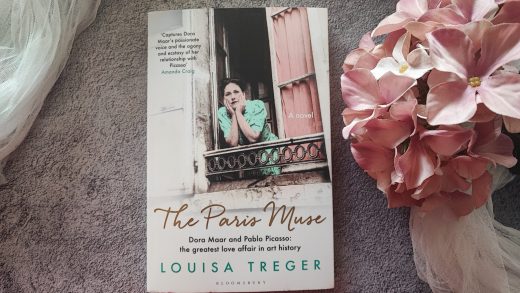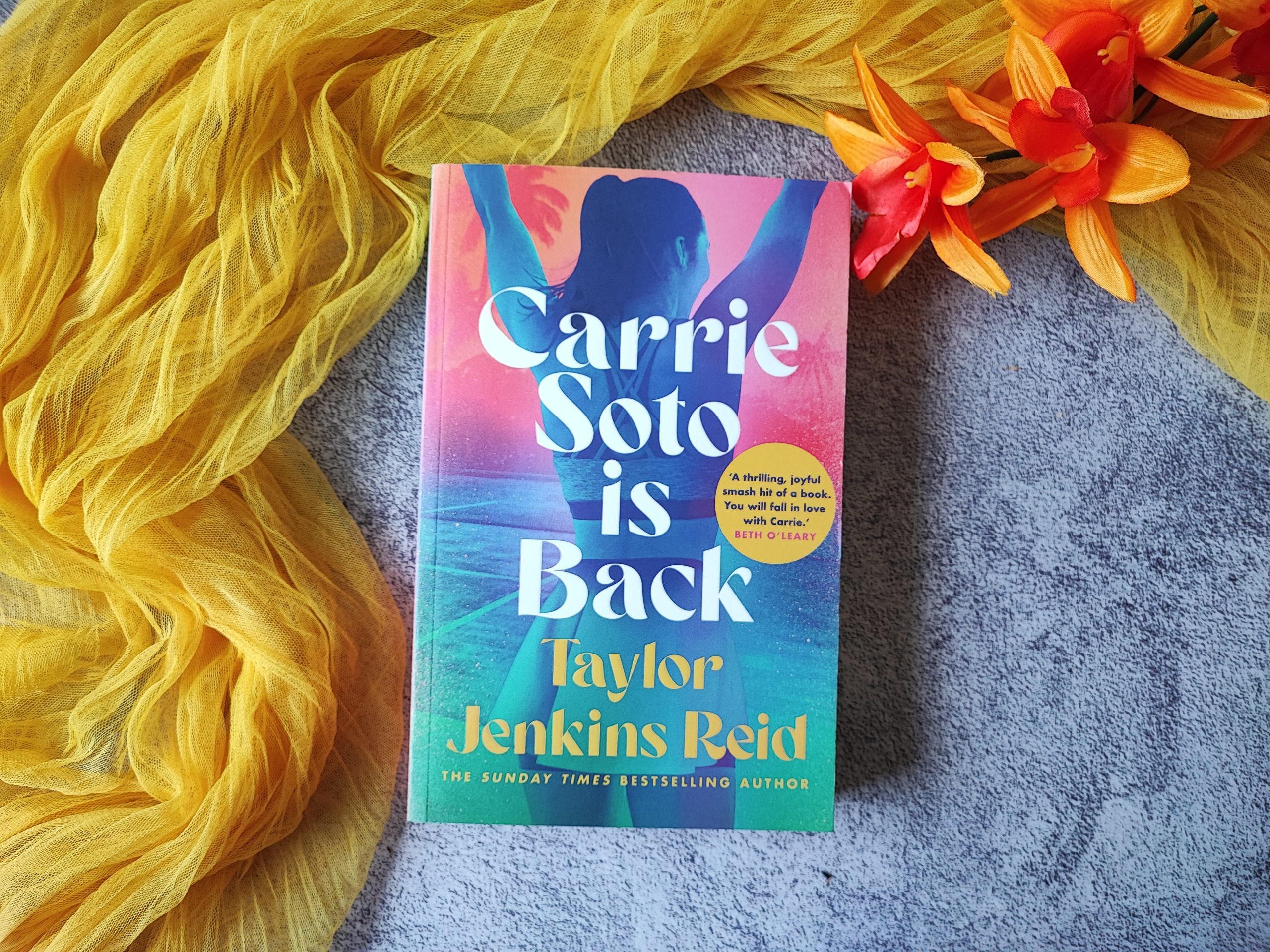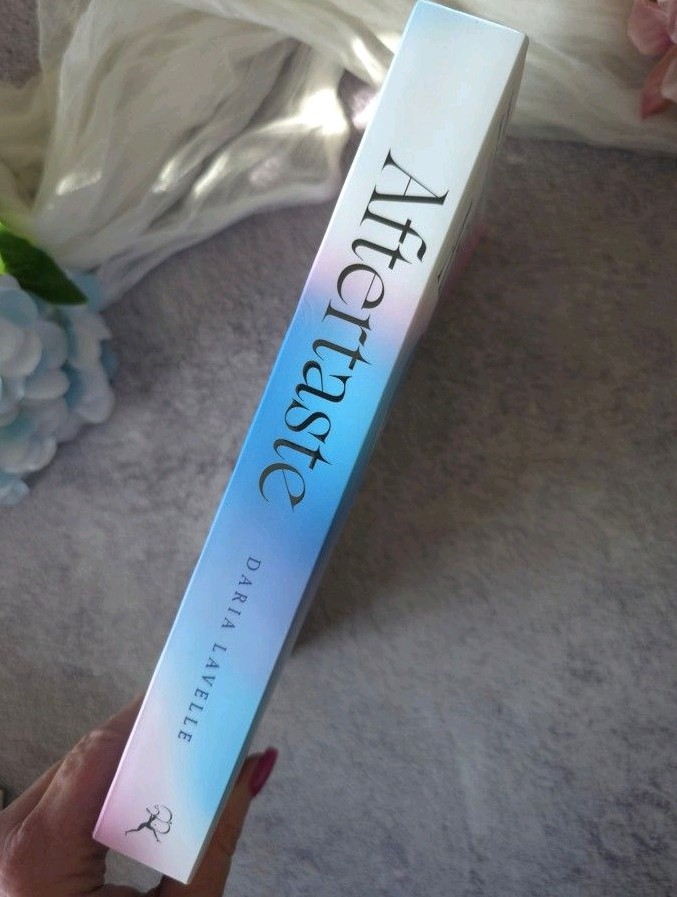 This review may contain some spoilers.
This review may contain some spoilers.
I wasn’t ready for this book. I thought I was going to read a strange story about a chef with a strange gift. I got a haunting, beautifully layered meditation on grief, memory, and how food connects us to the people we love. I haven’t read a book as original as Aftertaste by Daria Lavelle in a long time.
Plot Summary
The story is about Konstantin “Kostya” Dax, a chef whose life has been changed by two things: the death of his father and his strange ability to taste memories. Not just his own, but also those of the dead. Kostya learns that he can bring back the dead by making their favourite foods and having one last conversation or meal with them. It’s both a blessing and a curse. As he moves up the ranks in New York’s fine dining scene, his experiments with “aftertaste” become more and more risky, and the line between worlds starts to blur. He can help other people move on, but he can’t do it for himself. And everything starts to fall apart when he tries to call his own father.
Themes
Aftertaste is basically a story about grief and how it stays with us and changes our lives long after we’ve lost someone. Lavelle uses food to stand in for memory and feeling, and the result is both visceral and poetic. The book looks into:
- Longing and grief: the pain of conversations that aren’t finished and the need for connection.
- The power of food: It can help you remember, feel loved, and be who you are.
- Kostya’s gift is more about understanding what people leave behind than about ghosts.
- The danger of being obsessed: how far we’ll go to feel close to someone we’ve lost.
 What Worked For Me
What Worked For Me
- The writing: Lavelle’s writing is rich and full of life. I could almost taste the food she was talking about. Some of it was comforting, and some of it was scary.
- The idea of Clairgustance (psychic taste) is a new twist on magical realism. Yes, it’s strange, but it works.
- The structure: There were a lot of different points of view, including monologues from the ghosts themselves, which added depth and foreshadowing.
- Emotional resonance: The scene near the end with Kostya and his father really hit me hard. Soft, quiet, and unforgettable.
What Didn’t Quite Work For Me
- Some plot threads seemed unnecessary, especially a late subplot that added drama but not much else.
- The love story didn’t completely convince me. It relied a lot on shared grief and food, which seemed more like a symbol than something that made sense emotionally.
- Some problems with pacing in the middle, when self-reflection slowed things down.
Who Should Read This
This book is for you if you liked The Bear, like literary fiction with a touch of magical realism, or have strong feelings about food memories. Even though it is classified as horror, it is more emotional than scary. People who like Erin Morgenstern, Ruth Ozeki, or even early Neil Gaiman will find something to enjoy here.
Final Thoughts
Aftertaste is a revelation. Yes, it’s a ghost story, but it’s told through soup pots and sourdough starters, the pain of being alone, and the comfort of flavour. It changed the way I think about grief, memory, and the meals that shape our lives. I didn’t think it would affect me so much, and I definitely didn’t think it would make me so hungry.
You shouldn’t read this book if you’re hungry. But please read it. There is nothing else like it.
Thank you to Jonathan Ball Publishers for the opportunity to read this book.
You may also enjoy:

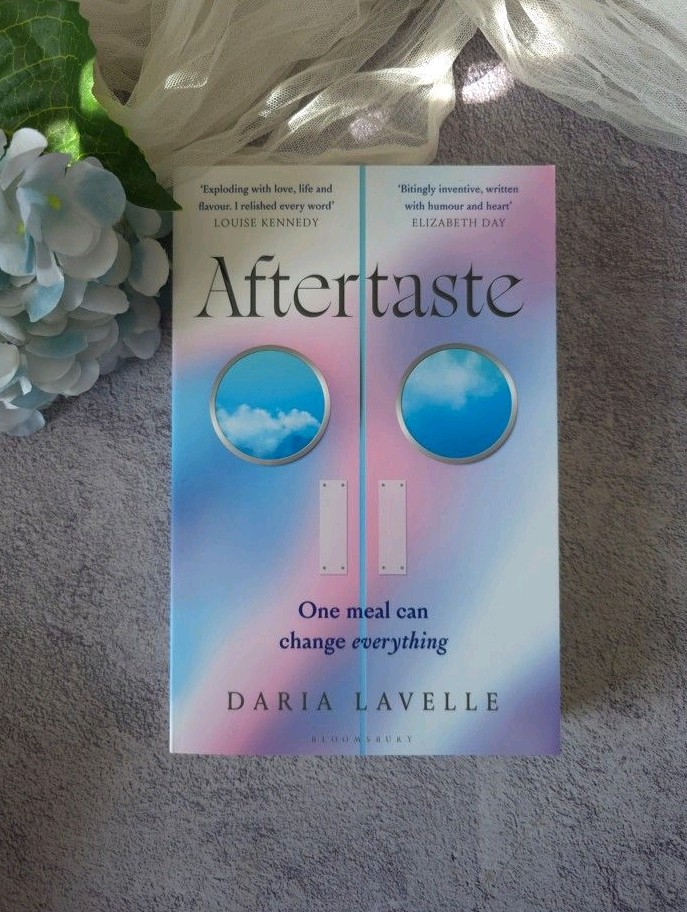 What Worked For Me
What Worked For Me